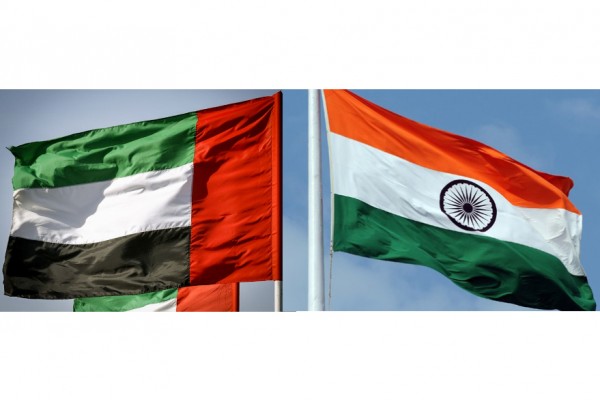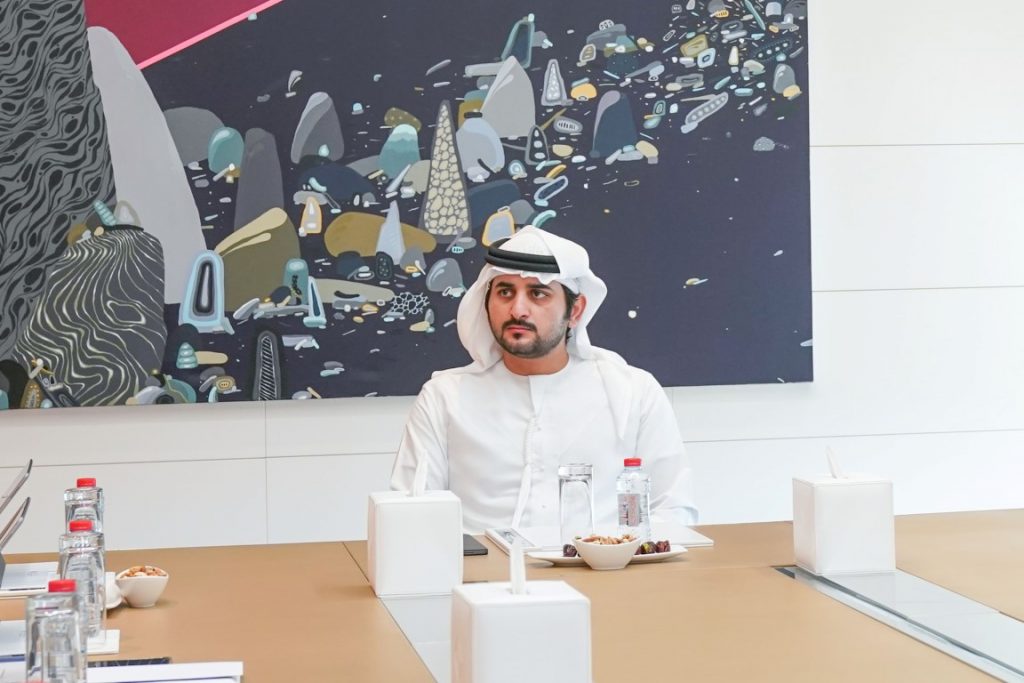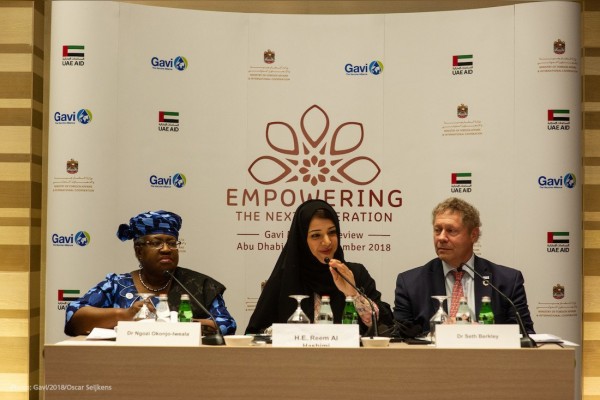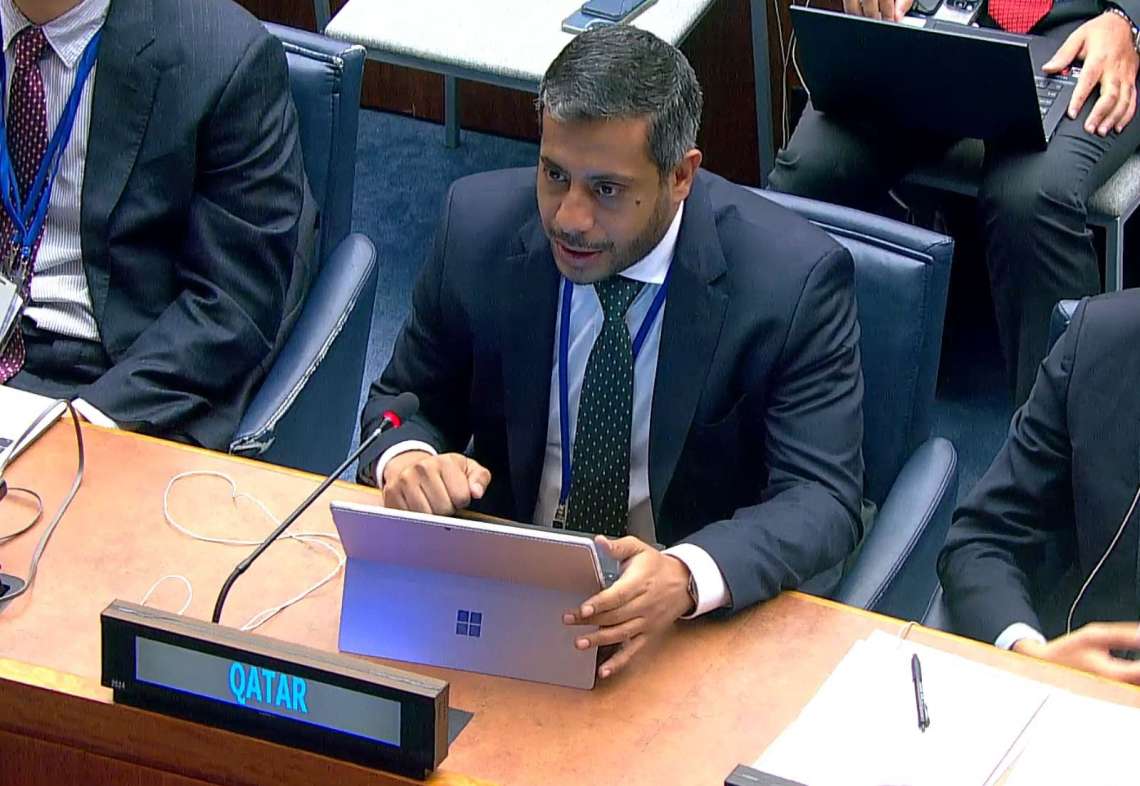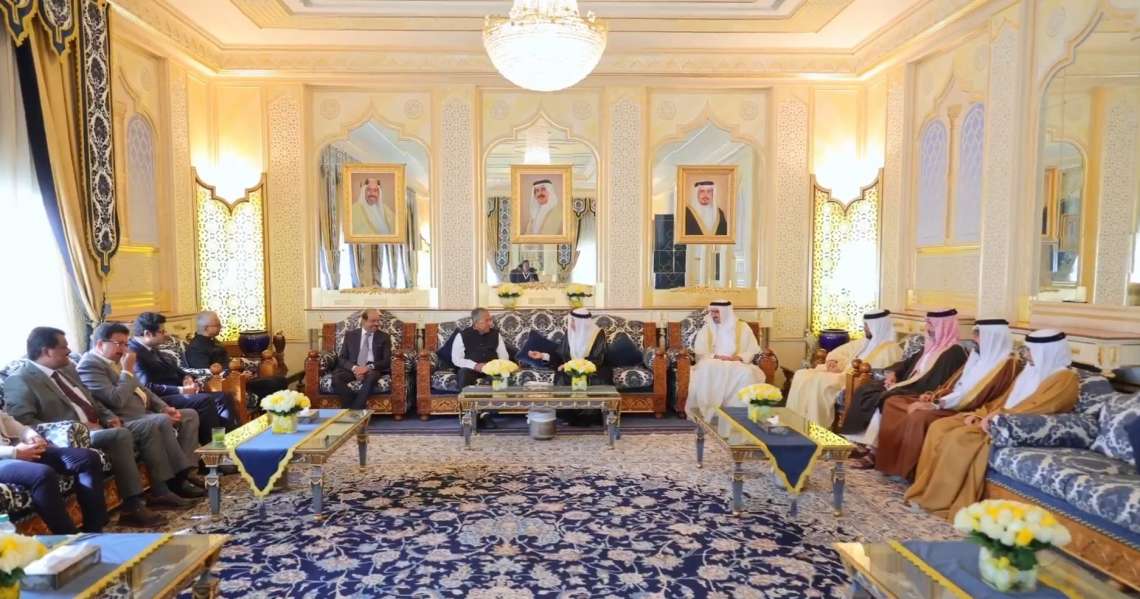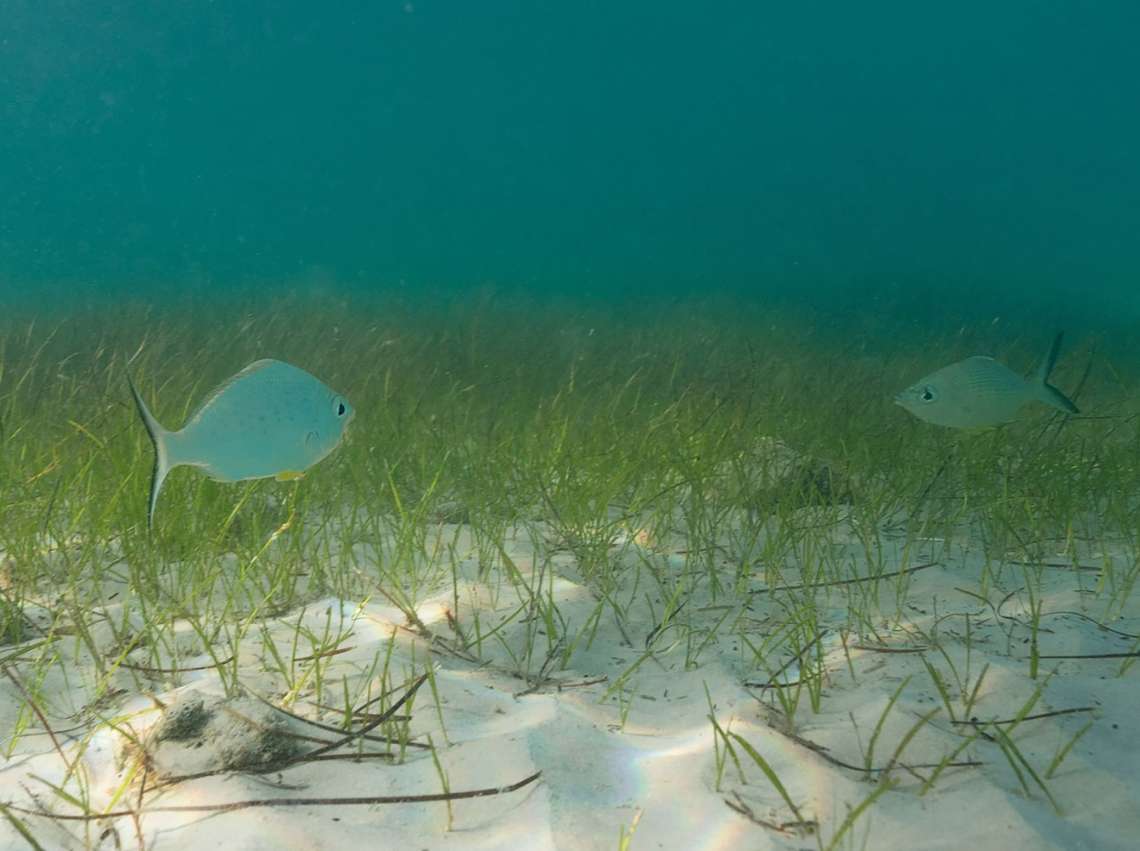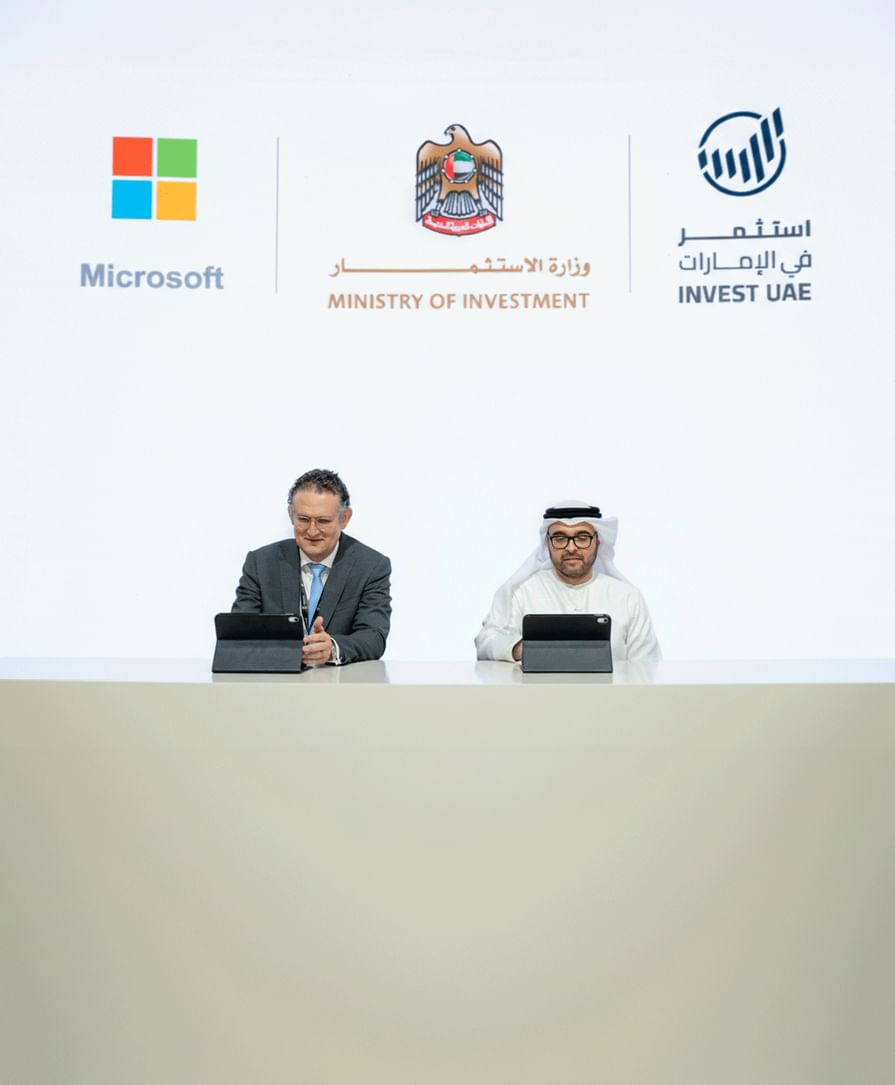The conference expressed appreciation for ongoing policies to forge strong political-bilateral relations between the UAE and India … reports Asian Lite News.

A two-day conference to address the root causes of radicalisation and terrorism has provided a shot in the arm to cooperation between the UAE and India against these twin dangers to civilised society and in providing security. The conference was organised during the weekend by the Policy Perspectives Foundation of New Delhi.
The conference expressed appreciation for ongoing policies to forge strong political-bilateral relations between the UAE and India to act together at a global level in isolating any ideological state. It identified policy measures to strengthen the relationship between the two countries.
Syed Asif Ibrahim, who was Special Envoy of Indian Prime Minister Narendra Modi on countering terrorism and extremism outlined measures initiated by India to evolve common approaches with the UAE in containing radicalization and preventing terrorism not only in their respective societies but also in their neighbourhoods.
G. Parthasarathy, who was India’s High Commissioner to Australia, Cyprus and Pakistan and Ambassador to Myanmar, hoped for UAE-India cooperation to expand to security in vital aspects of daily life such as water supply through desalination, a concrete plan proposed by former Indian President A.P.J. Abdul Kalam.
Ebtesam Al Ketbi, President of the Emirates Policy Center in Abu Dhabi, stressed common values and shared culture between the UAE and India which have laid the foundation for their friendship. She underlined the humanitarian principles espoused by the founder of the UAE, Sheikh Zayed bin Sultan Al Nahyan and the Father of the Indian nation, Mahatma Gandhi as the bridge which connects the two countries.
Shajahan Madampat, Advisor to the National Media Council, chaired an important session of the conference that dealt with ‘Public Policy to Promote UAE-India Cooperation’. With concrete examples he narrated actions taken by the UAE government to deny any quarter to radicalization in the Emirati society, including among the large number of expatriates in the country. He stressed UAE’s tolerance and the compassion in its foreign policy.
Sanjaya Baru, former Media Advisor to the Prime Minister of India, said India’s strategic community will not be found wanting, through its numerous think tanks, in setting a Track II agenda for UAE-India cooperation. He said action was more important than talk in tackling terrorism.
Anwar Alam, Senior Fellow at the Policy Perspectives Foundation, emphasised the need to move beyond limited paradigms in the strategic thinking on counter-terror and counter-radicalisation. Otherwise, this approach would have limitations in addressing and eradicating the complexities of radicalisation and terrorism.

